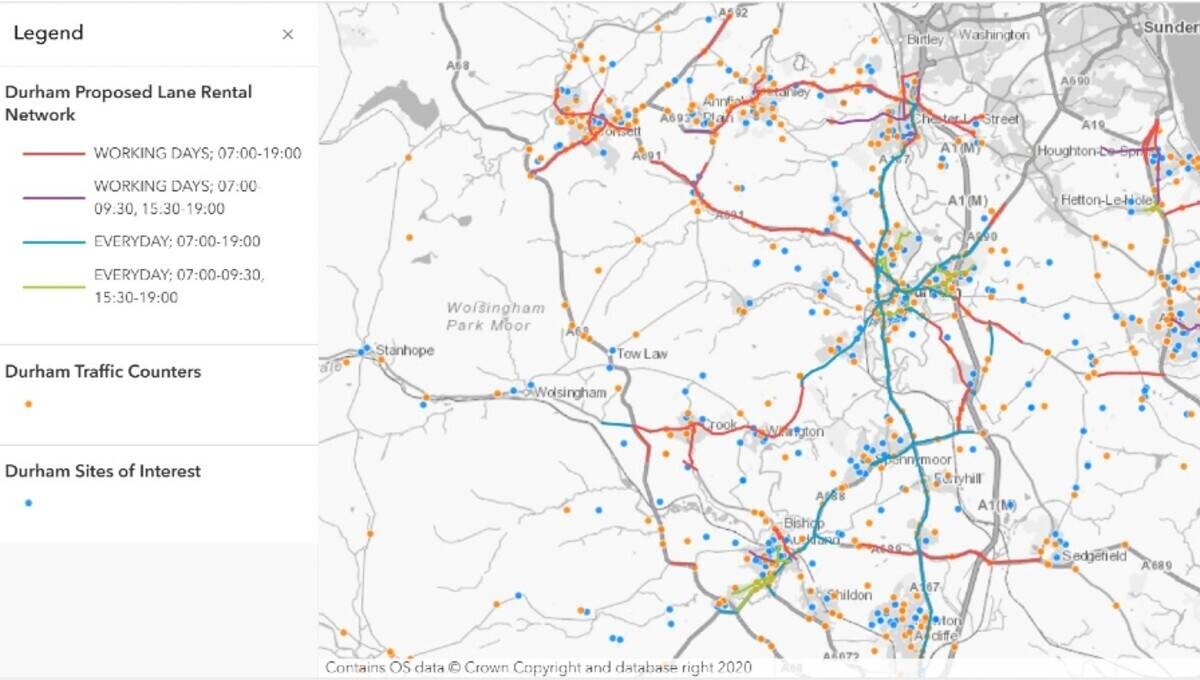This is a requirement of the recently issued Ministry of Justice (MOJ) data standards directive. The directive is designed to improve the quality and integrity of electoral registers, help in detecting certain types of fraud and move towards the future implementation of the Co-ordinated Online Record of Electors (CORE).
Being included in an Electoral Register is the only way members of the public can vote in local, national or European elections in the UK. A high quality Electoral Register represents the single most effective way of âgetting out the vote'. The MOJ directive follows a recommendation by the Electoral Commission following lengthy consultation with the Ministry of Justice, Political Parties, Electoral Registration Officers (EROs) and software suppliers.
IA's new service is aimed at helping EROs in each Local Authority bring their electoral data up to the required standard. This involves the initiation of a five stage process, which checks data integrity, converts it to BS 7666 format, matches it to the NLPG, and provides a detailed report suggesting options on how Authorities should proceed. This may involve IA creating new UPRNS (unique property reference numbers) where they are missing. Any further anomalies are resolved between the EROs and the Local Authority Local Land and Property Gazetteer (LLPG) Custodians in order that the MOJ December 2009 deadline can be met. IA is also working closely with Electoral Register software suppliers to ensure their systems can fully support the new data standard.
This activity is crucial to the future implementation of the Co-ordinated Online Record of Electors (CORE). The key objectives of CORE are to facilitate effective checking of political party donations and to assist in the detection of certain types of electoral fraud.
"We have developed this analysis process and workflow to facilitate the conversion of Electoral Registers to BS 7666, and their subsequent matching to the NLPG," said Michael Nicholson, Managing Director of Intelligent Addressing. "The CORE project for a national online database ofelectors is directly analogous to the NLPG, a national online database of addresses that we as custodians of the NLPG understand extremely well," continued Nicholson.
11th September 2008
Notes to Editors:
The NLPG was initiated in 1999 to become the master address dataset for England and Wales and the central hub for the 376 address creating Local Authorities and their Local Land and Property Gazetteers (LLPGs). Based on unique property reference numbers (UPRNs) the underlying principle of these gazetteers is to provide a single definitive ad dress database for all departments and systems across a local authority in order to cut costs, improve efficiency and service delivery.
The dataset enables various local authority departments - from revenue collection and environmental health, to social security, the electoral roll and education - to now offer true âjoined up' government. The benefits also go beyond service delivery. Fraud prevention, tax collection and disaster planning all benefit from the fact that each property is given a âUnique Property Reference Number' which transcends (property) numbers, names, descriptions (such as âThe Nursing Home') and postcodes. UPRNs are assigned for the full life of the plot and/or building.
The benefits also go beyond service delivery. Fraud prevention, tax collection and disaster planning all benefit from the fact that each property is given a âUnique Property Reference Number' which transcends (property) numbers, names, descriptions (such as âThe Nursing Home') and the Postcode. UPRNs are assigned for the full life of the plot and/or building from planning approval to demolition.
Intelligent Addressing is a specialist private sector consultancy (an SME) employing recognised experts in addressing. It was originally set up to help develop the National Land and Property Gazetteer (NLPG) on behalf of local government and now manages the NLPG and NSG central data hubs under the terms of the Mapping Services Agreement (MSA) with local government.
Intelligent Addressing contact:
Gayle Gander, Head of Marketing | 0207 747 3500 | E-mail: [email protected] | www.intelligent-addressing.co.uk, www.thensg.org.uk, www.nlpg.org.uk
Editorial enquiries and colour separation requests:
William Allbrook | T: 01666 826641 | F: 01666 824668
The Improvement and Development Agency (IDeA) The IDeA works in partnership with all councils, to enhance the performance of the best, accelerate the speed of improvement of the rest, and develop the sector as a whole. IDeA has brokered the Mapping Services Agreement (MSA) with Intelligent Addressing to develop the NLPG and NSG, through the Local Government Information House (LGIH), a wholly owned subsidiary of the Agency.
Working in partnership with the local government community developing national infrastructure projects that enable councils to deliver local services more effectively, LGIH acts as an intermediary between the public and the private sector enabling it to negotiate with private companies on behalf of local authorities in order to provide key parts of a technical infrastructure for improved service delivery.
The NLPG is a joint venture between the Information House and Intelligent Addressing Limited.
IDeA contacts:
Paul Bailey | 020 7296 6600 | Email: [email protected] | www.idea.gov.uk



